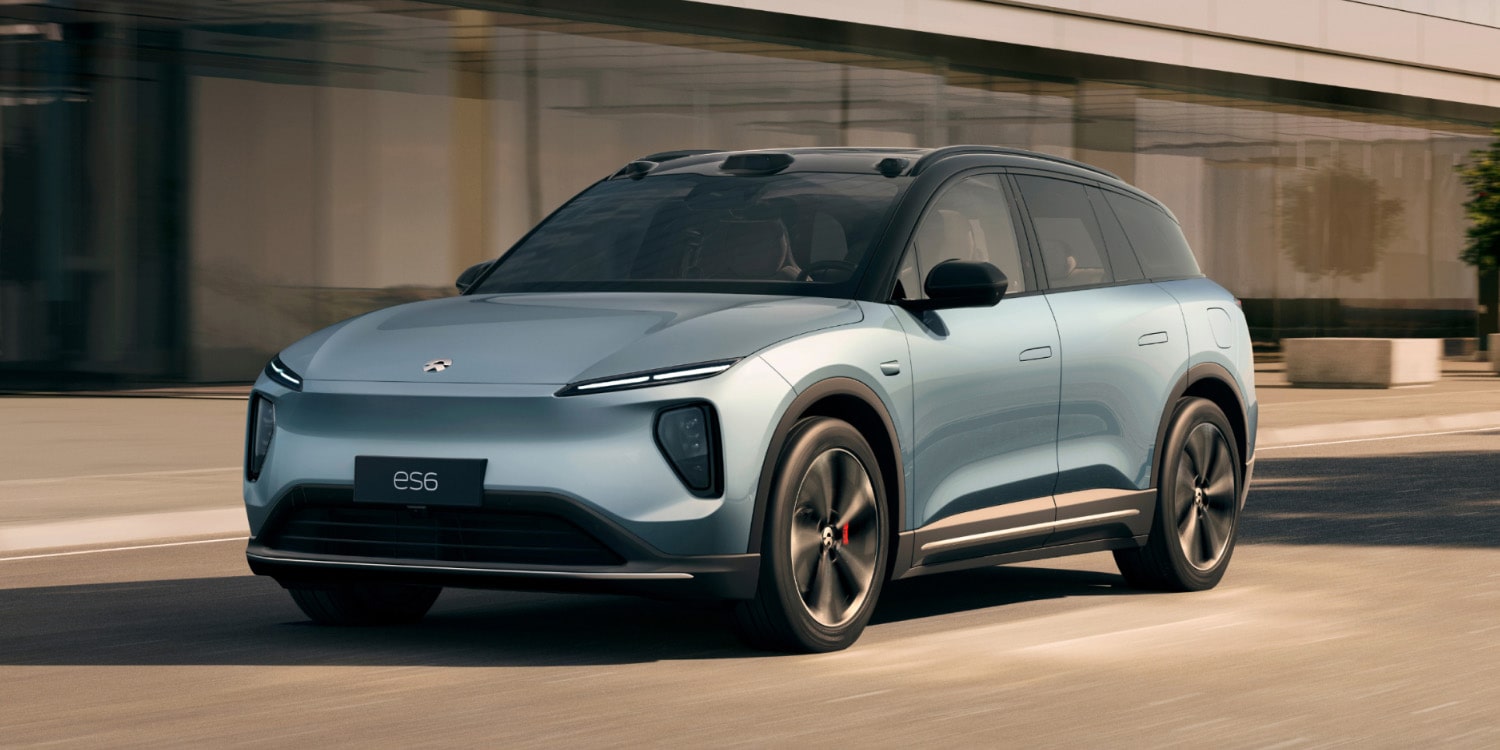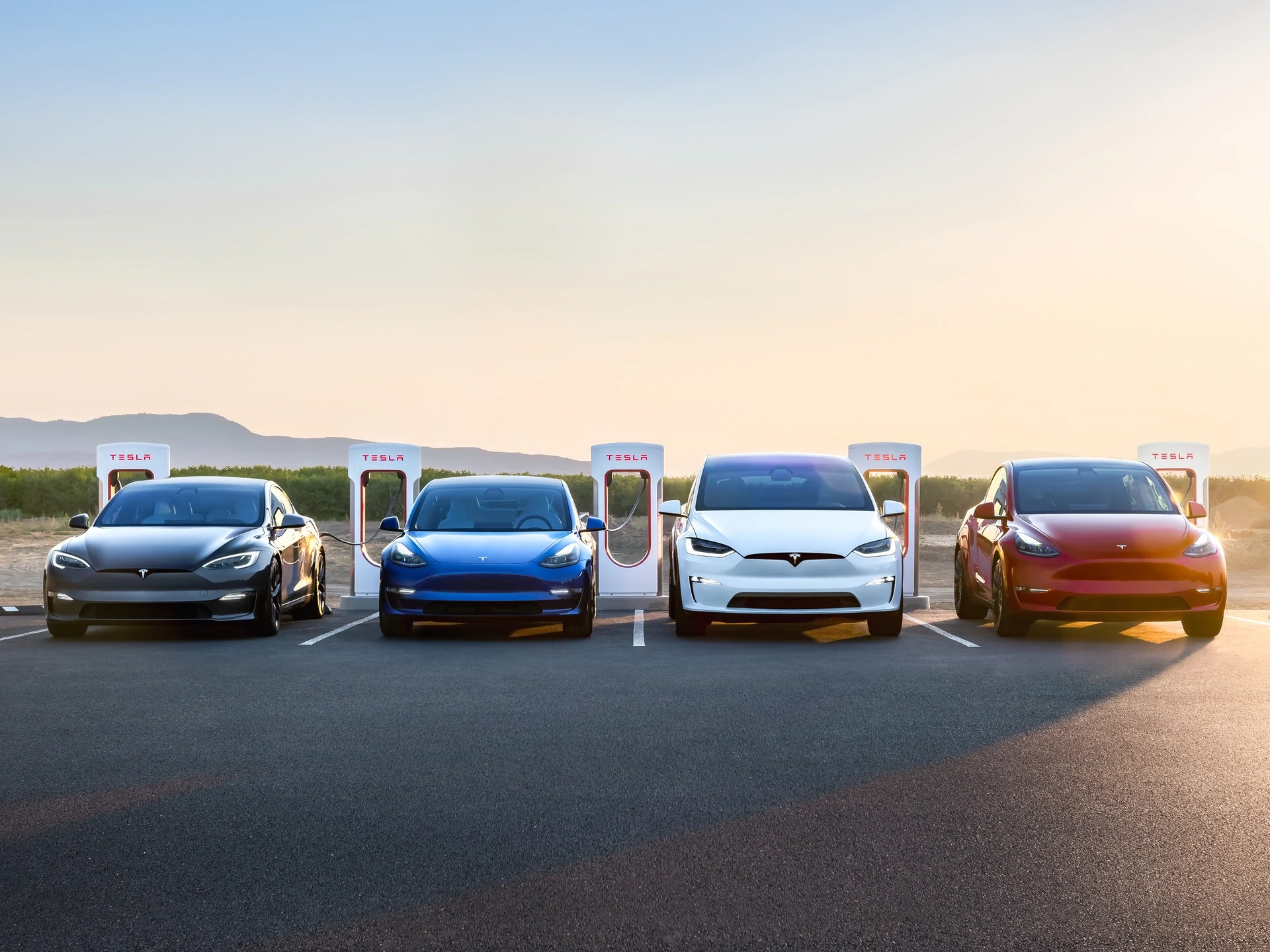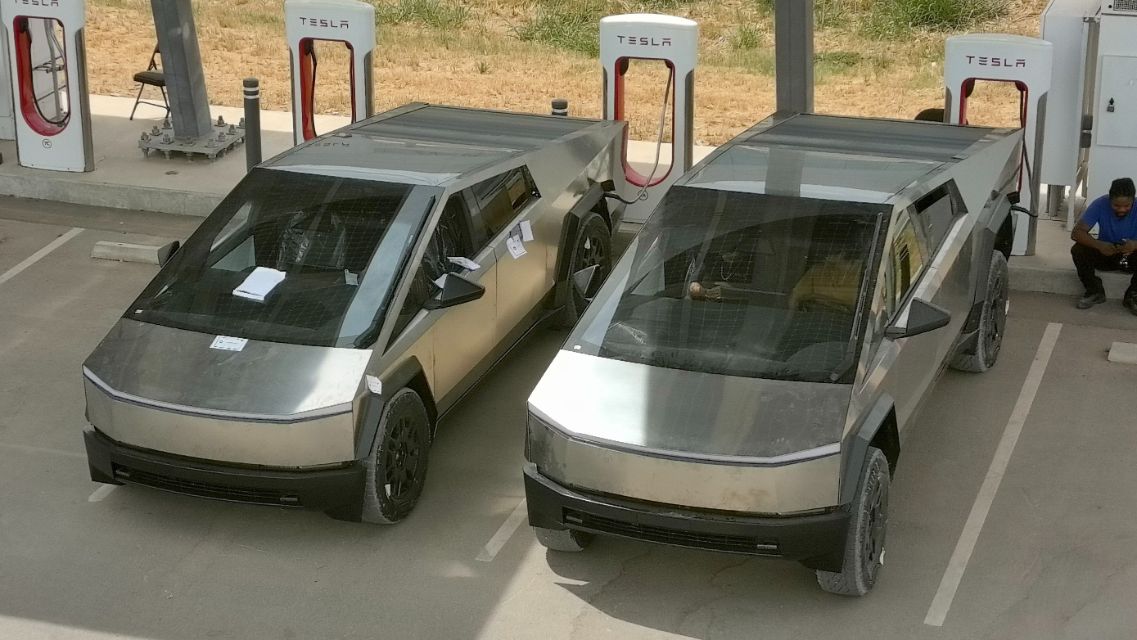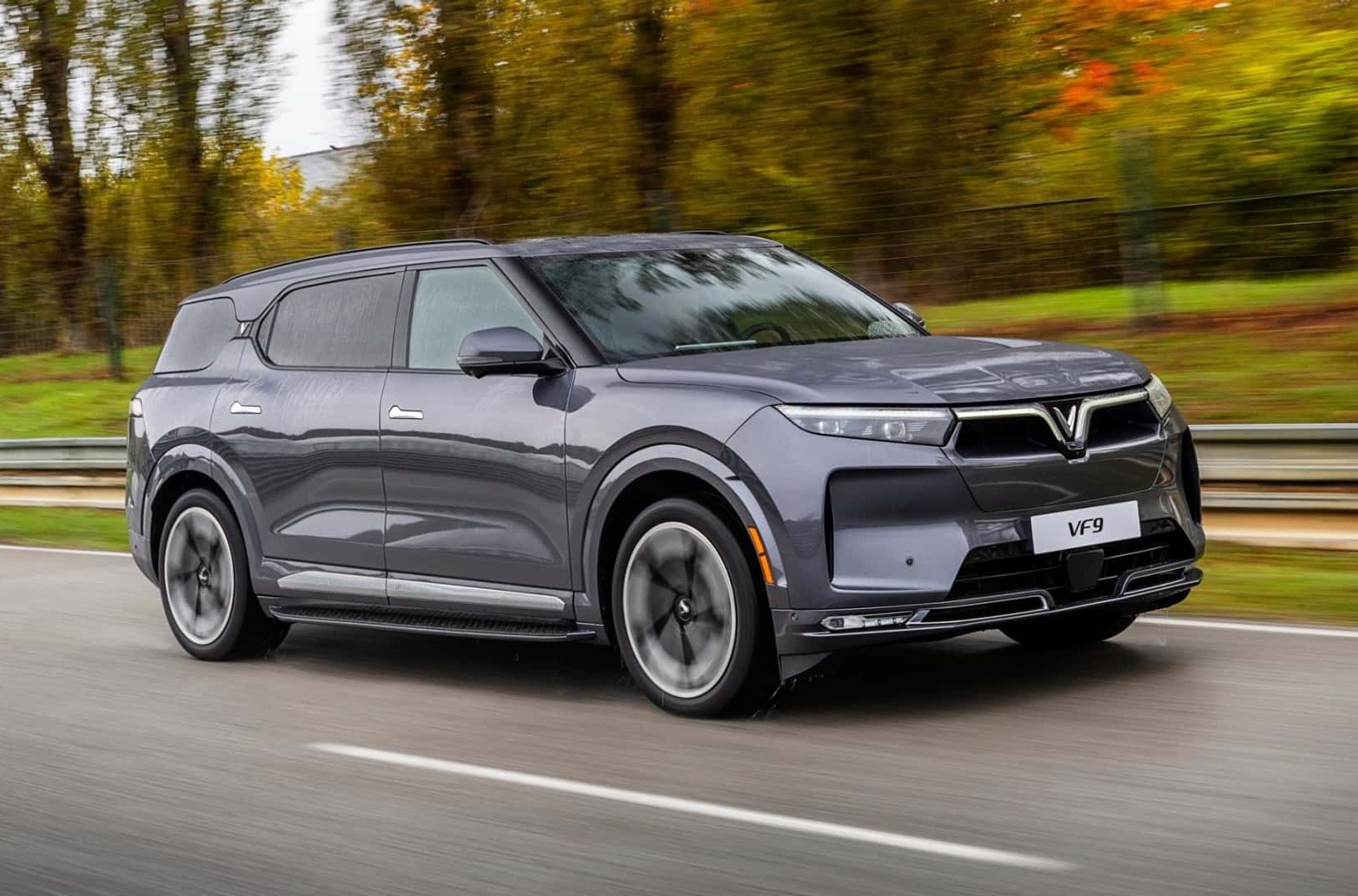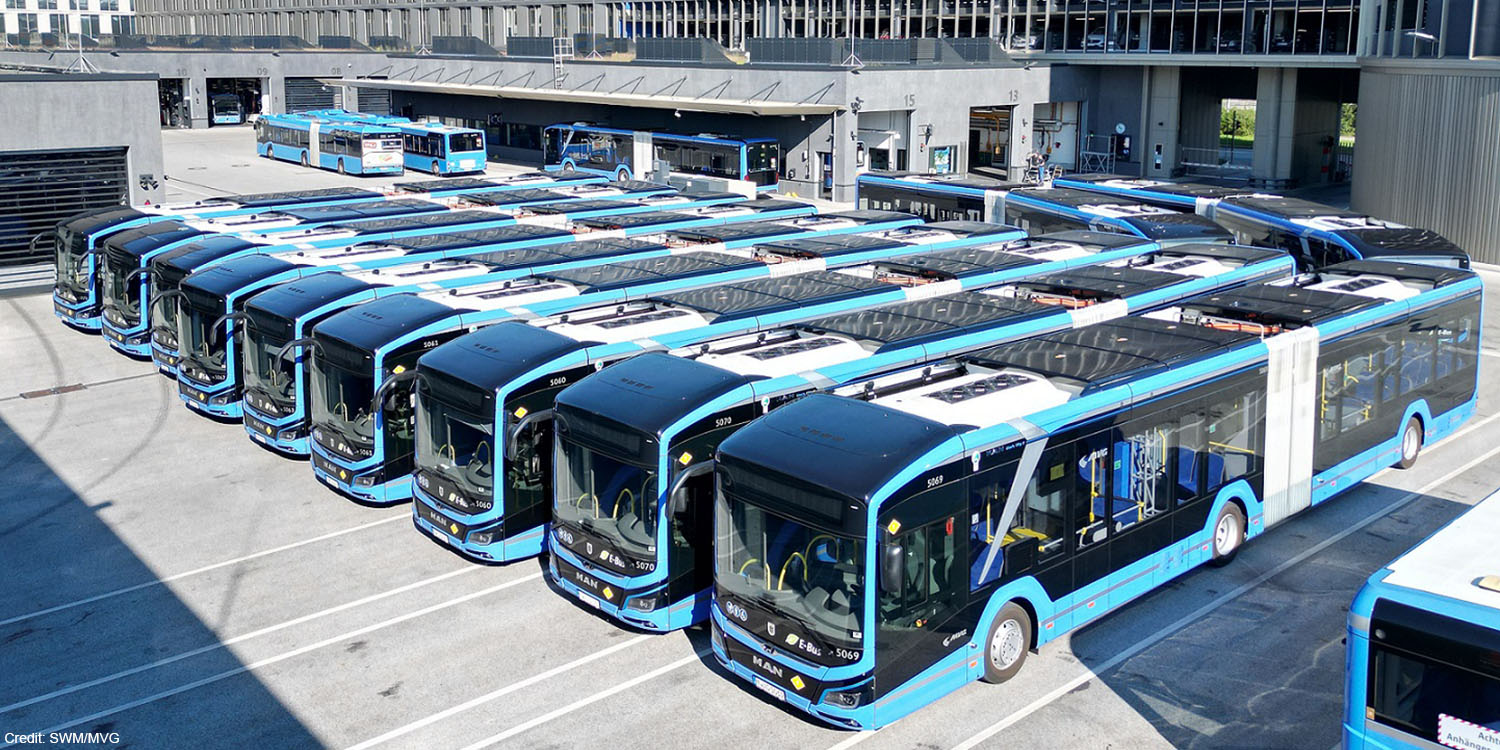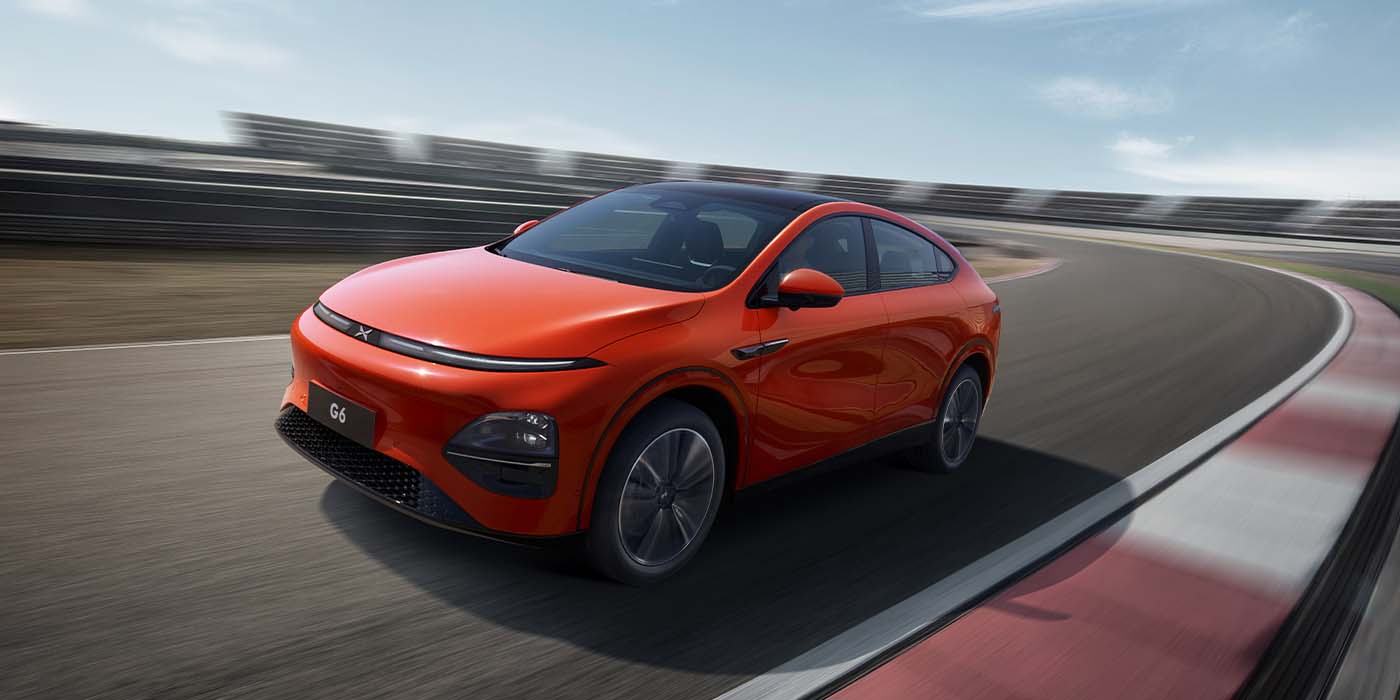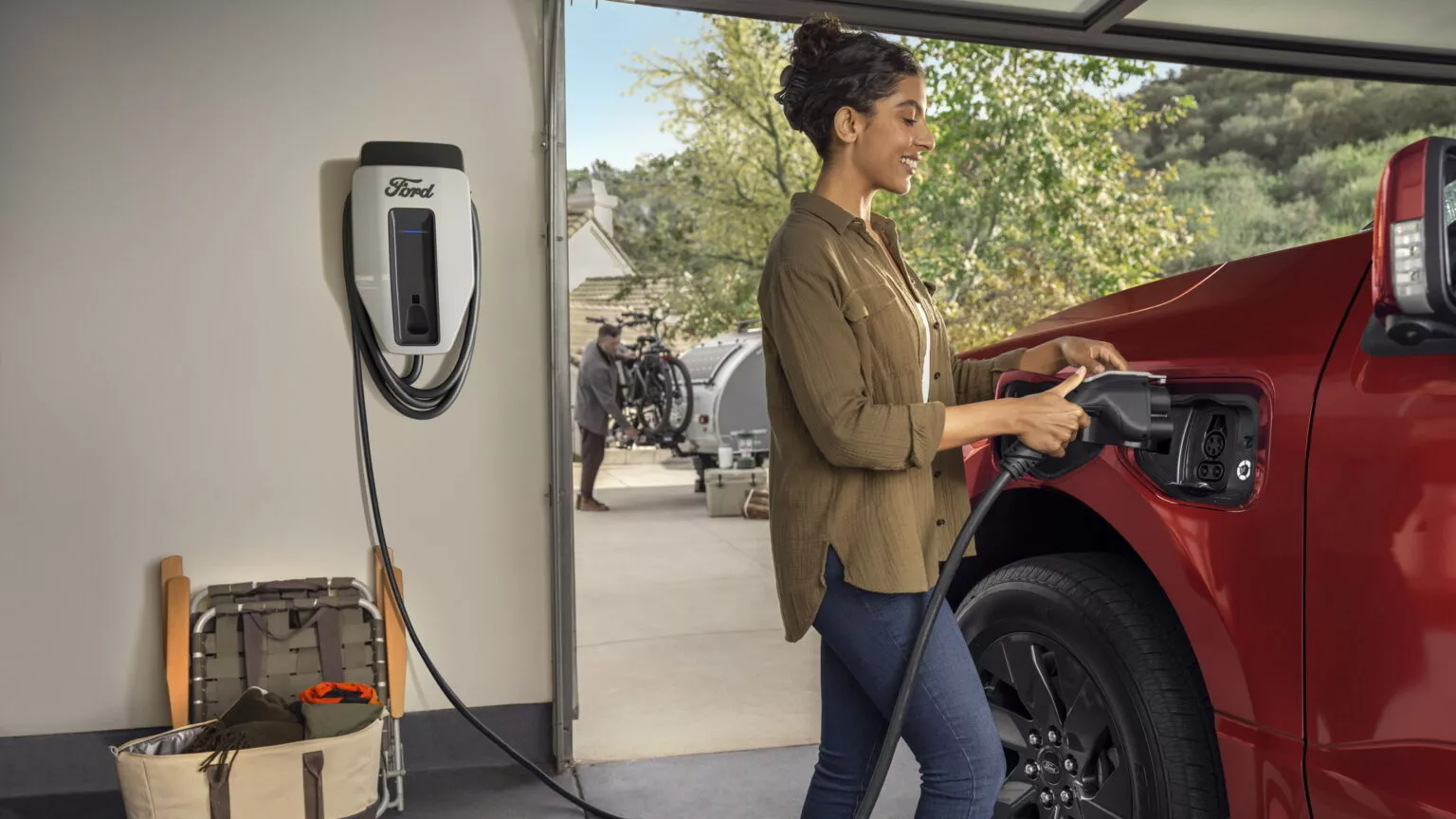The European Union (EU) has taken action to investigate the influx of Chinese-built electric vehicles (EVs) into its market. The EU’s move signals growing concerns within the trade bloc regarding the impact of these Chinese EVs, which benefit from substantial state subsidies, on its auto industry and market.
Ursula von der Leyen, President of the European Commission, officially announced the launch of an anti-subsidy investigation into Chinese electric vehicles. She expressed concerns about the market distortion caused by the artificially low prices of these vehicles due to substantial state support. In her annual address to the European Parliament, von der Leyen firmly labeled China’s practices as unacceptable while emphasizing Europe’s commitment to fair competition, stating, “Europe is open to competition. Not for a race to the bottom.”
See also: NIO Introduces Second-Generation EL6 SUV to Compete with European Market Leaders
Despite the seriousness of the situation, von der Leyen stressed the importance of maintaining open lines of communication and dialogue with China. The EU’s decision to probe Chinese-built and subsidized EVs, even in the face of potential retaliation from China – the largest market for several European carmakers – underscores the gravity of the matter.
When Europe is bold, it gets things done.
And our work is far from over – so let’s stand together.
Let’s deliver today and prepare for tomorrow.
My #SOTEU address ↓ https://t.co/xylh1zY44d
— Ursula von der Leyen (@vonderleyen) September 13, 2023
European automakers have been grappling with increasing challenges in competing with their Chinese counterparts on their home turf. China’s EV sector boasts numerous manufacturers supported by government incentives for both the industry and consumers. Furthermore, several Chinese EV startups have been expanding into Europe, despite not consistently generating profits.
Chinese-made EVs have made substantial inroads into the European market, capturing an 8 percent market share in the current year, up from 6 percent in 2022 and 4 percent in 2021, as reported by autos consultancy Inovev, citing Reuters.
See also: BYD Introduces Six New Models at IAA Munich Auto Show, Expands European Presence
Chinese automakers, including BYD, MG (owned by SAIC), Zeekr (owned by Geely), as well as EV startups like Nio and XPeng, among others, are strategically positioning themselves to increase their sales in Europe by offering more affordable products. If successful, this move could have adverse implications for mass-market manufacturers such as Volkswagen Group and Stellantis.
China’s auto exports have displayed significant growth, with a 31 percent increase in August, following a remarkable 63 percent surge in July, as disclosed by the China Passenger Car Association (CPCA) earlier this month.
The EU’s decision to initiate an anti-subsidy probe into Chinese-built EVs raises questions about China’s potential response, especially considering the challenges faced by Chinese carmakers amid slowing consumer demand and an aggressive price war within their domestic market.

